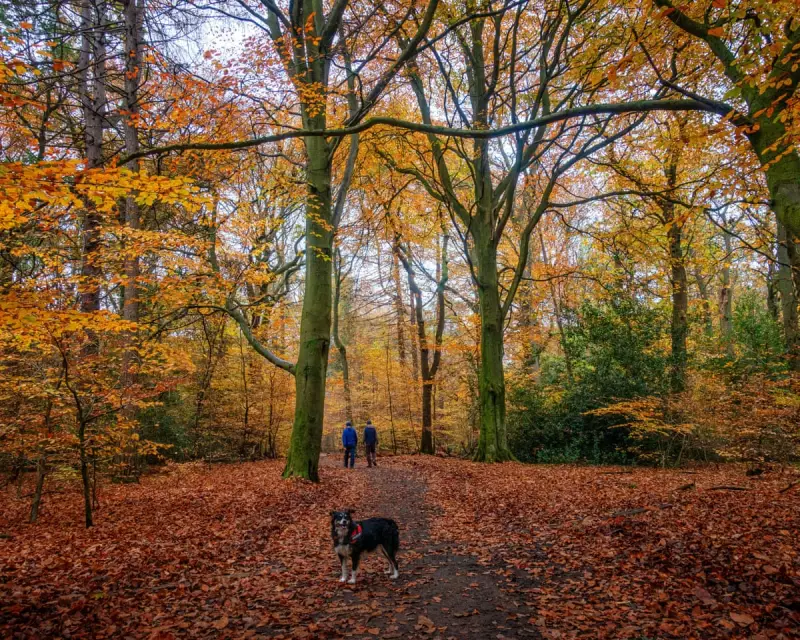
Britain's cherished woodlands are under siege from rapidly changing climate conditions, with experts warning that urgent intervention is needed to protect these vital ecosystems.
The Growing Threat to British Woodlands
Recent studies reveal that traditional UK tree species are struggling to cope with rising temperatures, increased droughts, and new pests. Native oaks, beeches, and pines that have thrived for centuries now face unprecedented challenges.
Key Climate Impacts on Forests:
- More frequent and severe droughts damaging tree health
- New pest species spreading due to warmer winters
- Increased storm damage from extreme weather events
- Changing soil conditions affecting nutrient cycles
Adaptation Strategies for the Future
Forestry experts propose several measures to help woodlands adapt:
- Diversification: Introducing more climate-resilient tree species from similar climates
- Assisted migration: Helping native species gradually move northwards
- Improved management: Adapting forestry practices to new climate realities
- Genetic research: Developing more resilient strains of native species
The Economic and Ecological Stakes
Britain's forests contribute £2 billion annually to the economy while storing millions of tonnes of carbon. Their loss would devastate biodiversity and undermine climate goals.
"We're seeing changes that would normally take centuries happening in decades," warns Dr. Eleanor Green from the Forestry Research Institute. "Without action, we risk losing entire ecosystems."





